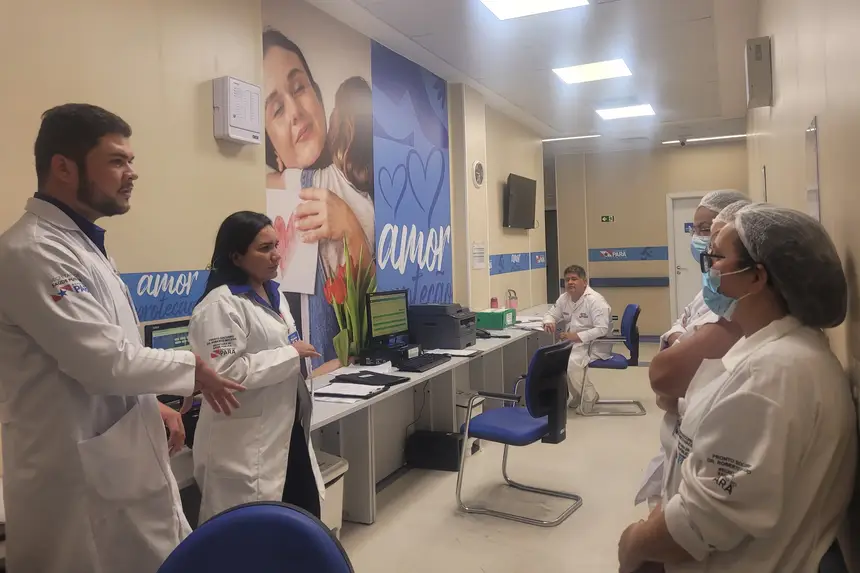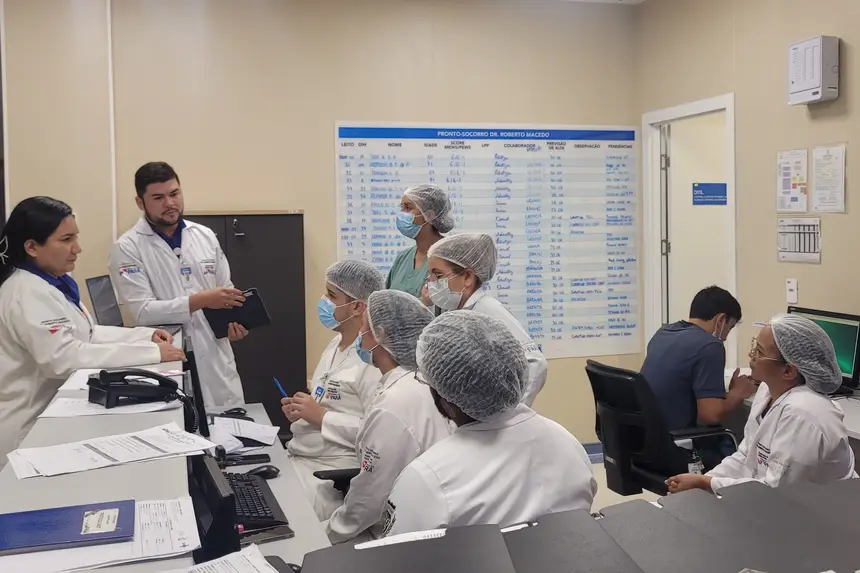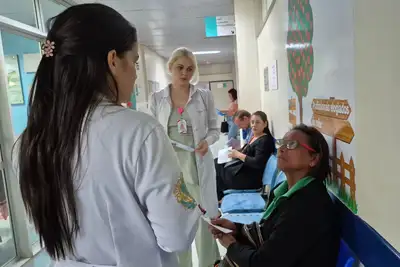State Emergency Room Promotes Educational Action on Prescription and Administration of Medications
The Dr. Roberto Macedo Emergency Room aims to strengthen the application of international safety goals in care routines and flows
To promote safe practices in the use of medications and ensure quality assistance in urgent and emergency care, the Dr. Roberto Macedo Emergency Room, through the Patient Quality and Safety Center (NQSP), is promoting an educational action this week, until next Friday (27), aimed at the assistance teams working in the Emergency Care (adult and pediatric), Inpatient Units, Intensive Care Units, and Surgical Center, with the goal of reinforcing the importance of Goal 3, which addresses the improvement of safety in the prescription, use, and administration of medications.
The initiative, which is part of the continuing education activities developed by the NQSP, aims to strengthen the application of international safety goals in care routines and flows, as well as to reinforce the consolidation of a safety culture in the Emergency Room.
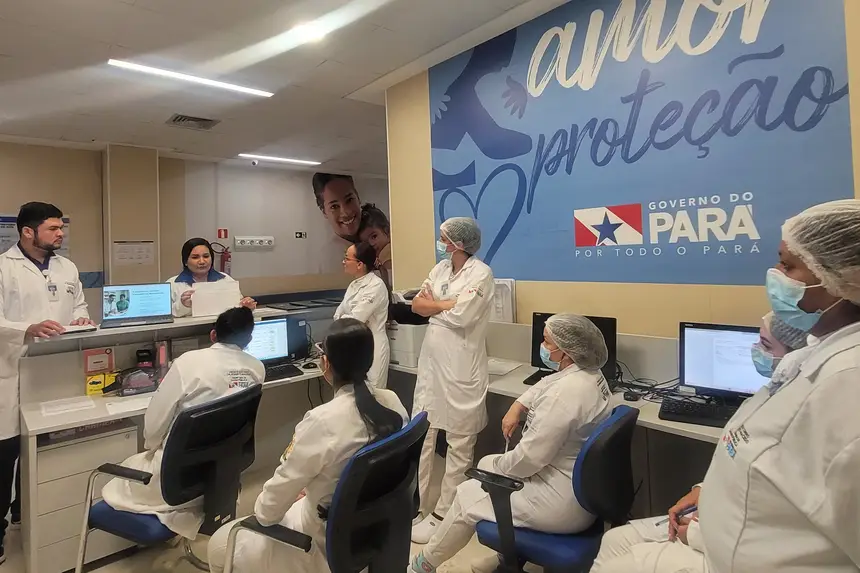
During the approach to the teams, the importance of the "5 rights" was reinforced - guidelines on verifying the correct dose, prescribed medication, route of administration, timing, and patient, as per prescription, before administering the medication. The need for double-checking was also emphasized, a practice that involves careful verification of medications by two professionals, especially those considered high-alert or potentially dangerous, which must be administered with attention and care - to ensure that the items related to the "5 rights" are correct.
Safety - According to NQSP nurse Renan Aviz, facilitator of the training, along with a pharmaceutical professional, by preventing errors according to the criteria established by Goal 3, professionals contribute to patient safety throughout the treatment process, from prescription to administration, avoiding adverse events and serious health consequences, including the risk of death.
“Errors related to the prescription and administration of medications represent one of the main causes of adverse events in hospitals. These errors can lead to mild reactions or even serious complications, such as permanent damage or even the patient's death. The training on Goal 3 that we are developing in the Emergency Room aims precisely to strengthen the culture of double-checking, effective communication among teams, and the correct use of the institutional protocol on safe medication, significantly reducing these risks and promoting safer and more efficient care,” emphasizes the nurse.
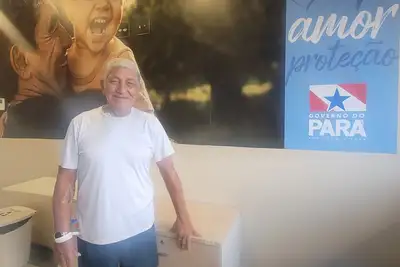
Claudionor da Silva Nascimento, 78 years old, a resident of Ananindeua (in the Metropolitan Region of Belém), has been hospitalized at PSRM for over a month, being treated for thrombosis. The patient approved the initiative to constantly train the teams to ensure safety in health assistance. “It is important to know that, in addition to good service provided, with attentive professionals, good food, and a private bed, the professionals are trained to provide safe care. This makes a big difference. You are to be congratulated for your efforts to always want to improve the care for the population,” highlights the patient.
Data – In just the first six months of 2025, PSRM performed over 60,000 services, including consultations, surgeries, and hospitalizations. During this same period, the average satisfaction rate among users was 99%. This index is the result of continuous evaluations conducted with patients and companions treated in the unit.
According to the Assistant Director, nurse Aristônico Rodrigues, “Goal 3 is one of the 6 International Patient Safety Goals, established as part of a global alliance to eliminate or reduce, worldwide, risks and non-conformities in health care. This Goal helps ensure that our patients receive appropriate and safe treatment, as safety in medication administration is a crucial aspect of care quality,” concludes the manager.
Commitment - The structure of PSRM reinforces the commitment to excellence, offering 119 beds distributed among emergency care, hospitalizations, and ICUs, as well as six surgical rooms equipped for medium and high complexity procedures, including minimally invasive ones, such as videolaparoscopies, which reduce recovery and hospitalization time.
Managed by the State Department of Public Health (Sespa), PSRM has established itself as a symbol of the reconfiguration of public health in Pará, providing Urgent and Emergency care for the Metropolitan Region of Belém, operating 24 hours a day, attending to critical cases in specialties such as general surgery, vascular, pediatric, thoracic, bucomaxillofacial, and neurosurgery.


